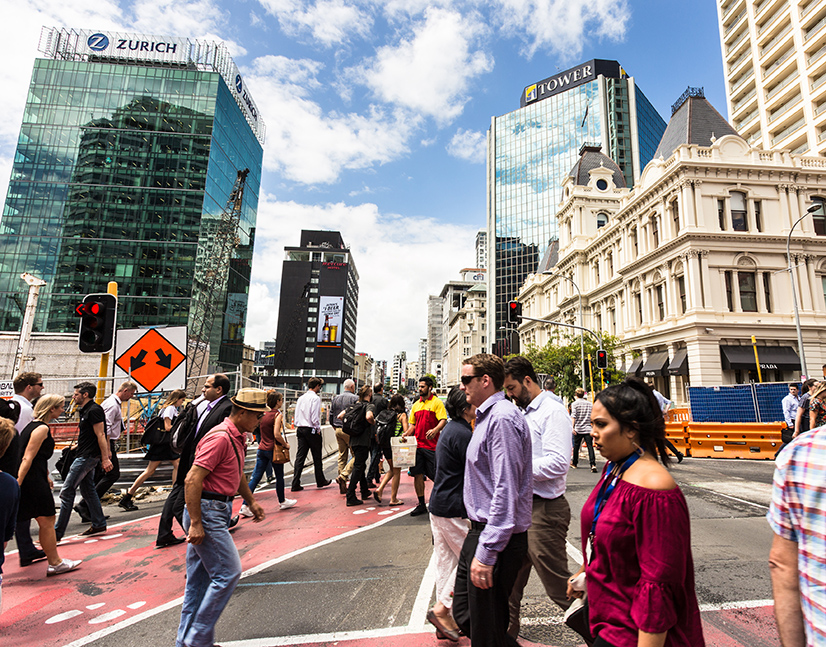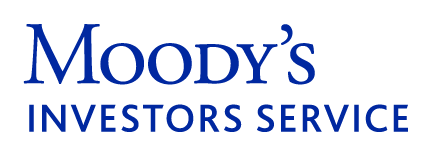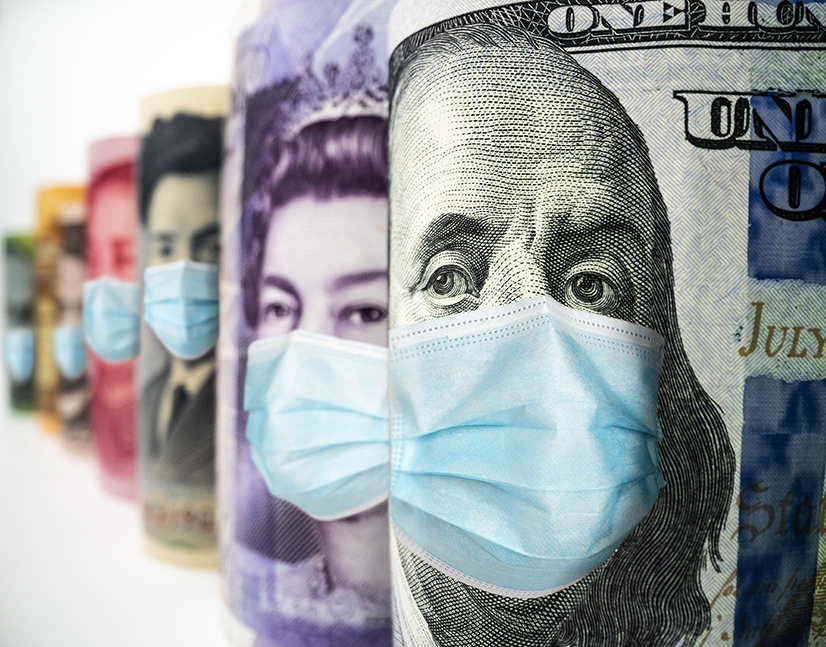
The COVID Diaries: DCM originator 10
The following interview is with an Australian-based debt capital markets originator. It was conducted on 26 June 2020.
Australasia has fared extremely well on a relative basis in the public-health stage of the crisis but the situation is more worrying in Victoria, where you are based. How are you seeing the outbreak now?
The outbreaks in Melbourne have been tied to family gatherings, and the medical professionals say that could have happened anywhere. Victoria had been slower in relaxing its restrictions relative to the rest of the states and territories in Australia as well, even before this latest pocket of cases.
This morning there were only a handful of people sitting in the café as I got my coffee – that wasn’t the case eight weeks ago. The places that are open have hard caps on the number of people dining, and I personally am not entirely comfortable hanging around in enclosed, busy spaces. As we have seen offshore, the cases identified at the start of an outbreak are often the tip of the iceberg.
How optimistic are you about the prospects for further easing of restrictions from here, and do you think we might actually be entering the most challenging phase of the crisis from a policy perspective?
Depending on which place in the world you look at, the priority between public health and the economy has been different. In Australia, I think the federal government got the balance right from the outset – focusing on the health problems first before addressing the economic consequences of those policies. It gave people a reasonable amount of confidence.
If there is a second wave, though, a lot of the goodwill within the population will approach exhaustion. That thinking of, ‘well, I’ve been doing the right thing – why should I pay the economic and social price when others haven’t’ starts to sink in. It is the classic individual versus society argument.
But I think political will also dissipates. Politicians were aware how unpopular this would be at the beginning of the crisis. They will find it harder to continue these restrictions as the economic front gets worse. You cannot focus on entirely one to the detriment of the other.
Do you think there will be a reordering of these priorities? A lot of market observers have identified the end of the JobKeeper scheme on 30 September as an economic cliff.
This is why I think we are seeing a lot of talk about localised lockdowns – controlling the health crisis while managing the economy. I don’t think this solves some of the bigger issuers around public transport and use of office space though.
"If there is a second wave, though, a lot of the goodwill within the population will approach exhaustion. That thinking of, ‘well, I’ve been doing the right thing – why should I pay the economic and social price when others haven’t’ starts to sink in."
Are you more or less optimistic about the crisis than you were during the early acceleration period?
Do you subscribe to the view that this crisis will radically reshape our society?
Hygiene and cleanliness have become much more important in people’s daily lives, and that will have an effect on workplaces – and not just office-based workplaces, too. Every kind of workplace that involves human interaction will step up preventative measures. We clearly had got to the state where any disease can easily be passed on and make its way through society. Hopefully, that becomes more difficult now.
Qantas’ announcement yesterday that it will not be flying international routes until mid-2021 was quite shocking.
What are you most looking forward to being able to do again, as, if and when, restrictions ease?
Fundamentally, our business is about building relationships regardless of whether it is with colleagues, clients or other market participants. Talking on the phone is fine but it is difficult to connect with people properly.
It was quite funny after the lockdown kicked that people were in the habit of asking what you were doing on the weekend. And everyone’s answer was the same at the start: nothing. It took a while for people to get out of those habits. I couldn’t call a client I know who barracks for the Hawks to talk about the football on the weekend because it didn’t happen. So I do look forward to being able to sit down and have a coffee or beer with clients.
Do you have sense of how comfortable clients will be with face-to-face meetings, or whether their company health policies will prohibit them?
Getting you back into your own business and getting comfortable is step one. Being able to interact with external people is another material step.
From the clients I have spoken to, most of them are in the same position. Some of them are doing office time on a rotational basis, but a lot of that seems to be driven by their own need: they can only focus when they are in the office or they are in the type of business that you can’t do everything from home.
KangaNews is your source for the latest on the COVID-19 pandemic’s impact on Australasian debt capital markets. For complete coverage, click here.














